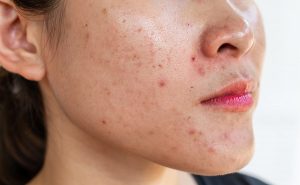
Just a few extra pounds during adolescence may translate into higher odds for heart disease in adulthood, a new study of young men suggests. It included about 1.7 million Swedish men who began military service at ages 18 or 19 between 1969 and 2005. They were followed for up to 46 years. During the follow-up, nearly 4,500 were diagnosed with cardiomyopathy, an uncommon heart muscle condition that can lead to heart failure. Average age at diagnosis was 45.5 years. Men who were lean as teens (body mass index, or BMI, below 20) had a low risk of cardiomyopathy. But risk steadily rose with increased weight, even among men who were on the high end of normal BMI (22.5 to 25) as teens. BMI is an estimate of body fat based on weight and height. A BMI of 30 or more is considered obese: For example, a 5-foot-10-inch man who weighs 209 pounds has a BMI of 30. There are several types of cardiomyopathy. In dilated cardiomyopathy, the heart muscle becomes weak and can’t pump blood efficiently. In hypertrophic cardiomyopathy, it becomes stiff and the heart can’t fill with blood properly. Men who had a BMI of 35 and over in their teens (someone 5-foot-10 who weighs 245 or more) were eight times more likely to develop dilated cardiomyopathy than those who were lean in their… read on >































-300x200.jpg)



